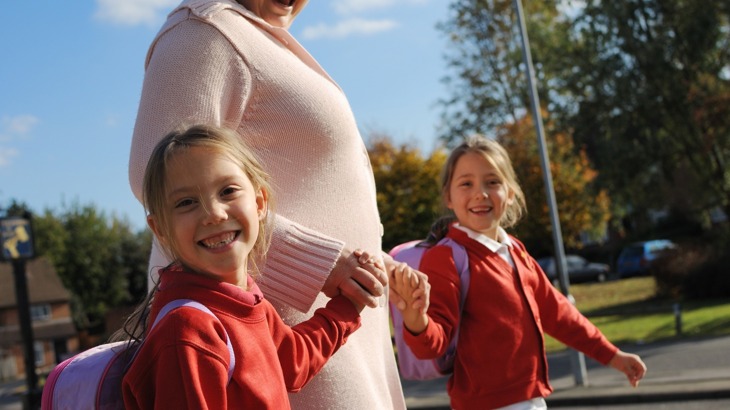Ian Shires
Liberal DEMOCRAT Activist Learn more
9 out of 10 parents want traffic-free roads outside schools
by Ian Shires on 4 October, 2019
Published by Sustrans 23 September 2019
New figures show parents and residents across Great Britain support closing streets to cars outside school gates during drop off and pick up times.

A recent survey, carried out by Sustrans, has revealed that 90% of parents and residents would support closing streets to cars more regularly outside schools.
Out of 954 respondents, three quarters (75%) were worried about the health impacts of exhaust fumes on pupils during school drop off and pick up times. 72% of the respondents agreed that where road closures had taken place, the street felt safer to use.
Speaking of their experience of a recent street closure outside Milngavie Primary School in East Dunbartonshire, a local resident said: “It was lovely to see children playing without fear of traffic. It made me nostalgic for a time when cars weren’t so prevalent.”
Aside from parents and residents, 3,434 pupils were asked to give their thoughts on air quality. Nearly half (45%) of the pupils surveyed said they were worried about levels of air pollution at their school.
The survey results have been issued as schools across the UK celebrate Bike to School Week this week. Sustrans believes that every child in the UK has the right to a safe journey to school on foot or by bike and urges governments at all levels to prioritise high quality walking and cycling infrastructure to make the environment around schools safer, cleaner and healthier for pupils.
Road transport accounts for 26% of the UK’s greenhouse gas emissions, with the main sources being petrol and diesel cars.
Xavier Brice, CEO at Sustrans said: “We all know that we are living with dangerous levels of air pollution in our towns and cities. Despite this, the latest figures from the National Travel Survey show that 45% of primary school children in England travel to school by car – a 1% increase from last year’s figures.
“These figures are worryingly high, with the average journey to primary school being just 1.6 miles – a distance that can be easily cycled. To see an uptake in cycling, we need to make it easier for families to walk and cycle to school. This will prevent those most vulnerable, such as children, from being exposed to toxic levels of air pollution while enabling them to easily slot in physical activity into their day.
“Urgent action from governments at all levels to provide meaningful investment in walking and cycling infrastructure is necessary so that every child is able to travel to school on foot or by cycle in safety and with confidence.
“This, coupled with a change in legislation to make it easier for local authorities outside London to enforce school street closures during drop off and pick up times, would make the environment around schools safer and more pleasant for children to walk and cycle.”
The recent freedom of information (FOI) requests from UK100, a network of local leaders that campaigns on clean air, revealed only 0.4% of primary schools introduced “school streets” to deter parents from driving their children to school.
Polly Billington, Director of UK100, a network of local leaders, said:
“Parents like the idea of quiet, car-free streets near schools when fear of traffic and air pollution is an everyday concern for families. Decision-makers at local and national level should find ways to make this happen: by investing in safer cycleways and paths, affordable public transport and safer, well-lit streets.
“Many councils outside London struggle to enforce car-free streets so they will need the powers and resources from central government to do so. But this research can reassure them they have the support of parents when they act.”
Leave a Reply